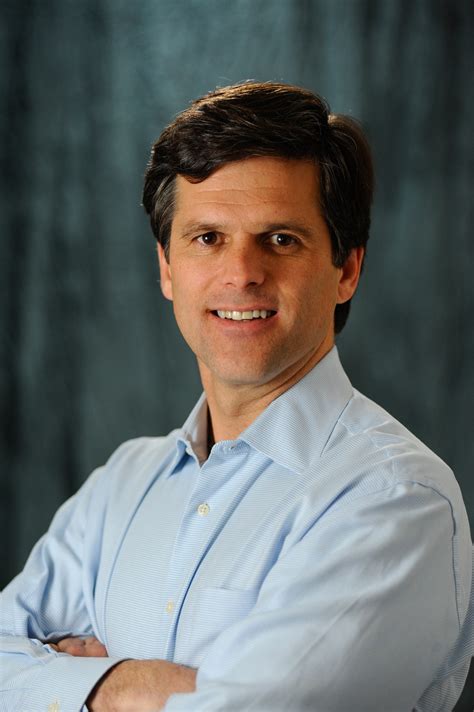A Quote by David Wong
Globalization in part means that a lot of people are walking into the room and in some cases becoming influential or even dominant voices in the conversation. Sometimes they are like party-crashers coming in and pushing people around, scooping up the valuables and eating up the food in the frig - bribing political leaders, undermining traditional economies and the ways of life that are interwoven with them, replacing them with new economic models that effectively exploit developing countries for their labor and resources.
Quote Topics
Around
Becoming
Cases
Coming
Conversation
Countries
Developing
Developing Countries
Dominant
Eating
Economic
Economic Models
Economies
Effectively
Even
Exploit
Food
Globalization
Influential
Interwoven
Labor
Leaders
Life
Like
Lot
Means
Models
New
Part
Party
People
Political
Political Leader
Political Leaders
Pushing
Resources
Room
Some
Sometimes
Them
Traditional
Undermining
Up
Voices
Walking
Ways
Related Quotes
While you can say that the problem of the middle class in the rich countries is too much globalization, the problem of the people who are very poor is really that they are not included in globalization. For them, the success of their own countries at becoming part of this international division of labor would be good news.
Sometimes I feel people can move past what they've grown up around and their surroundings while in a place and some people need closure after they've left and then coming back. I've seen it happen with people I knew growing up that hated each other, and then years later you go home and you see them walking down the street and they have babies.
When you go to China and the developing world, people understand more clearly the dangers that are coming at them because they're living closer to the margin. They don't have any of the false sense of invulnerability that Americans have. People from developing countries also feel that it's their right, if you're talking in terms of justice, to use fossil fuels like we did for a hundred years to get rich. It's hard for them to give up that vision.
If you take the burden of health care, of diseases off the backs of some other countries, it gives them a chance to use their own very limited resources in ways that help their people. And also there's a hopelessness associated with deadly diseases, that if that can be alleviated, people can build their own economies in their own countries and they'll be less reliant on the developed world for help.
My job is to not be easy on people. My job is to make them better. My job is to pull things together from different parts of the company and clear the ways and get the resources for the key projects. And to take these great people we have and to push them and make them even better, coming up with more aggressive visions of how it could be.
The resources you happen to accumulate, what do you do with them? You can spend the money and buy some houses or whatever, and people do some of that and that's fine. You can give the money to other people, your family, but usually when you do that you screw them up and it ends up counterproductive. Or, you take those resources and reinvest them in things that you believe in, and that could be reinvesting in a philanthropic cause.
Exporters monitor economic and political policies to the developing world, but the consequences of that have been to make developing countries far more sensitive to the constant fluctuations. Developing countries are not always allowed to support their farmers in the same way as the U.S. or Europe is. They're not allowed to have tariff barriers. They're forced, more or less, to shrink their social programs. The very poorest people have fewer and fewer entitlements. The consequence of this has been that there's been a chronic increase in the vulnerability of those economies to price shocks.
Do you realize how many people of this country have been educated, have grown up, who have been taught that, yeah, we're at risk and there's a lot of people that want to blow us up and don't like us. But we are to blame. That's what they've been taught. We are to blame, 'cause there was slavery, because we've stolen all these goods and resources from other countries. We have imposed our way of life on them! We've sent our military around, and we've conducted wars on their territory and so forth.
Kids coming from very difficult economic circumstances in urban areas are in some ways discriminated against in ways that are similar to the way people with intellectual disabilities are discriminated against. People are afraid of them. People sometimes assume that they don't have skills, gifts or abilities to contribute.
I'm happy to say I haven't received that much negative feedback. I'm always thrilled when I get feedback from young people, particularly from The New Normal, young gay people - when they say they want that when they grow up, that means a lot to me. As a kid growing up, I didn't really have a lot of gay role models on television, so it's nice to be part of a movement that gives some more of those.
If our leaders are to enjoy the trappings of their position in the hierarchy, then we expect them to offer us protection. The problem is, for many of the overpaid leaders, we know that they took the money and perks and didn’t offer protection to their people. In some cases, they even sacrificed their people to protect or boost their own interests. This is what so viscerally offends us. We only accuse them of greed and excess when we feel they have violated the very definition of what it means to be a leader.
She might, in fact, go crazy, as has happened to a lot of people who break rules. Not the people who play at rebellion but really only solidify their already dominant positions in society...but those who take some larger action that disrupts the social order. Who try to push through the doors that are usually closed to them. They do sometimes go crazy, these people, because the world is telling them not to want the things they want. It can seem saner to give up--but then one goes insane from giving up.
there are many ways of eating, for some eating is living for some eating is dying, for some thinking about ways of eating gives to them the feeling that they have it in them to be alive and to be going on living, to some to think about eating makes them know that death is always waiting that dying is in them.






































